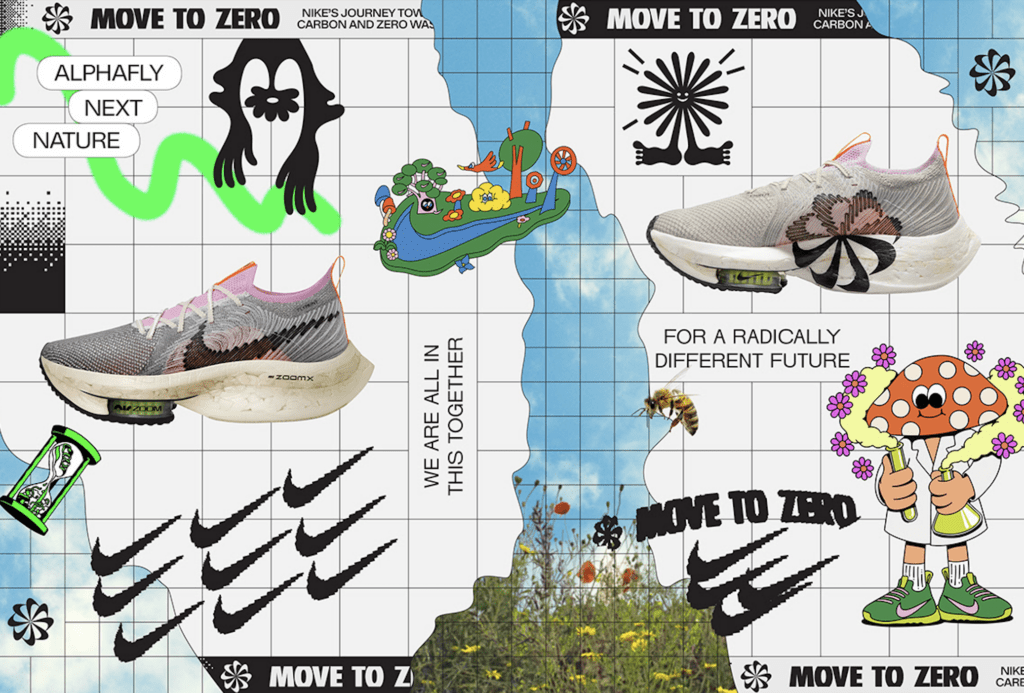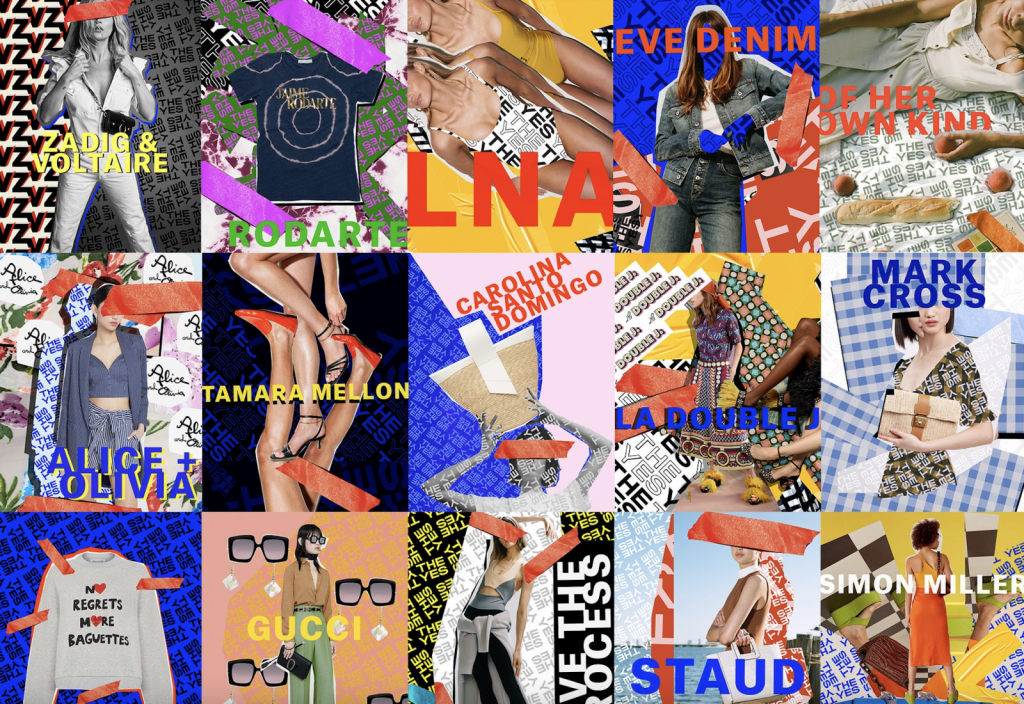Nike has beaten a proposed class action lawsuit accusing it of deceiving consumers by “greenwashing” thousands of its products. In an order on March 28, as first reported by TFL, Judge Matthew Schlep of the U.S. District Court for the Eastern District of Missouri granted Nike’s motion to dismiss the Missouri Merchandising Practices Act (“MMPA”) and other state law claims that Maria Ellis waged against it, finding that despite filing a lengthy 47-page amended complaint, “it is remarkable how much [Ellis] manages not to say in it,” including how she knows Nike’s products are not made with “recycled and organic materials” and thus, that its marketing of such goods as sustainable or environmentally-friendly is “misleading, false, or fraudulent.”
Some Background: Ellis filed suit against Nike in May 2023, accusing it of using marketing materials that are “replete with statements that [its] products are ‘sustainable,’ made with ‘sustainable materials,’ ‘eco-friendly,’ and environmentally friendly.” Contrary to Nike’s many consumer-facing “eco” representations, Ellis alleges that the sportswear giant’s products “plainly do not lead to ‘sustainability,’ are not ‘made with recycled fibers’ which ‘reduce waste and our carbon footprint,’ do not support a ‘Move to Zero carbon and zero waste,’ and are not made with ‘sustainable’ and environmentally friendly materials.” Against that background, Ellis primarily alleged that Nike was running afoul of the MMPA, a state statute that generally prohibits deceptive advertising practices.
“Greenwashing” Win for Nike
Setting the stage in his order, Judge Schlep stated that Ellis alleged that she purchased three items from Nike’s Sustainability Collection, which she claimed are representative of more than 2,000 items that Nike markets as being “sustainable and made with ‘recycled and organic materials’ but that are, in reality, ‘made with virgin synthetic and non-organic materials that are harmful to the environment.’” In reliance on Nike’s alleged misrepresentations, Ellis said that she purchased the items at an alleged price premium, which she would not have done had she known that these items do not live up Nike eco-centric claims.
The problems here are numerous, according to Judge Schlep, who found that Ellis “fails to plead factual content that allows the court to draw the reasonable inference that [Nike is] liable for the misconduct alleged,” namely, greenwashed advertising. Specifically, the judge stated that “the lynchpin of every claim in [Ellis’] action is that Nike’s products aren’t what it says they are,” and yet, the amended complaint “wholly fails to allege facts making that plausible.”
For instance, the court held that while Ellis declared that thousands of Nike’s products “are not made with any ‘recycled and organic fibers’” or other “‘sustainable’ materials,” she does has alleged “no further information whatsoever” to establish how she reached this conclusion. “She makes no mention of any testing or analysis. She says nothing about how their look or feel might indicate their makeup … She claims nothing about the manufacturing process. She details no inside knowledge from, say, a whistleblower, for example, who has come forward on this alleged massive corporate lie.” Her amended complaint says “only that she purchased three products from Nike’s Sustainability Collection and her unadorned conclusion that … Nike’s Sustainability Collection products are not made with any recycled and organic fibers,” per Judge Schlep.
With the foregoing in mind, the court is left with Ellis’ “mere conclusory statement” that Nike’s marketing of its Nike’s Sustainability Collection is misleading, which does “not suffice.”
There are additional gaps in her complaint, according to the court. Ellis alleged, for example, that had she known Nike’s statements about its “sustainable” wares were not true, she would not have paid a premium for them. However, she does not allege the price she paid for the items or how much she would have paid had she “known the truth.”
TDLR: All of Ellis’ claims “are premised on Nike’s statements being misleading, false, or fraudulent,” and yet, “she has failed to plausibly allege that they are,” making it so that all of her claims in this action “necessarily fail.”
Even if the court accepted Ellis’ “wholly unsupported statement” that Nike’s marketing messaging is false or misleading, the court held that her claims under the MMPA still would still fail because she has not plausibly pleaded that she “acted as a reasonable consumer would in light of all circumstances.” Again, this is an issue of Ellis’ failure to plead adequate information, per Judge Schlep, who asserted that the amended complaint “says nothing about what [Ellis] actually read or heard about the three products she purchased before she purchased them.”
While Ellis details Nike’s penchant for marketing its sustainable wares/efforts on its website, in ads, and on social media, she “never once alleges what specific representations she saw.” Instead, she “alleges a catchall,” namely, that she “saw the hangtag labeling, marketing, and advertising, which represented that the Products are made with ‘recycled and organic fibers’ and ‘sustainable’ materials which ‘reduce waste and our carbon footprint,’ and support a ‘move to zero carbon and zero waste.’”
In sum, the court found that Ellis failed to plausibly allege more than conclusory facts that the Nike’s statements were misleading, false, or fraudulent as required to establish liability, and as such, “all her claims necessarily fail.” Additionally, her MMPA claims fail because she has not plausibly alleged that she acted as a reasonable consumer would in light of all the circumstances.
THE BIGGER PICTURE: Not the only unsuccessful greenwashing case to be lodged under the MMPA, H&M escaped a proposed class action lawsuit waged against it over its alleged scheme of greenwashing its fast fashion wares. By marketing its Conscious collection products as “sustainable” or “environmentally friendly” when they are not, the plaintiffs argued in the suit they in November 2022 that H&M was running afoul of California and Missouri state laws, including the MMPA. The court sided with H&M in May 2023, finding that the plaintiffs failed adequately allege their false advertising-centric claims against H&M.
The case is Ellis v. Nike USA, Inc., 4:23-cv-00632 (E.D. Miss.)











